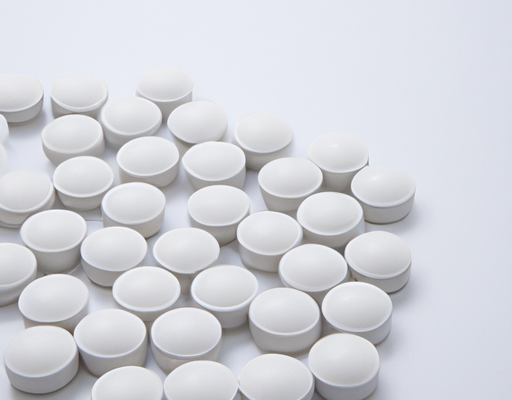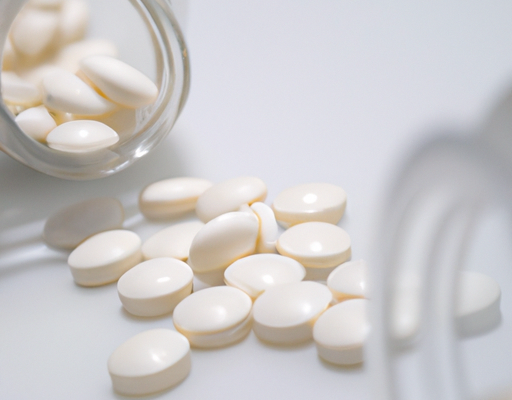Causes of Diabetes Insipidus
Diabetes insipidus is a rare form of diabetes that is caused by problems related to the pituitary gland or hypothalamus. It is an endocrine disorder that occurs when the body does not produce enough of the hormone antidiuretic hormone (ADH), which is needed to keep the body from excreting too much water. A deficiency in ADH causes a disruption in the body’s ability to balance the amount of water and salts needed in the bloodstream. This can lead to excessive thirst, dehydration, and the excretion of abnormally large amounts of urine. While the exact cause of diabetes insipidus is unknown, doctors believe that it may be caused by a genetic factor, a head injury, the use of certain medications or the presence of other medical conditions such as kidney disease or liver disorders.
Symptoms of Diabetes Insipidus
Diabetes Insipidus (DI) is a rare disorder that affects the body’s ability to regulate fluid levels. It is caused by insufficient production of the antidiuretic hormone (ADH) or an inability of the kidneys to respond to the hormone. The symptoms of DI can vary depending on the underlying cause.
- Increased thirst and frequent urination
- Excessive urination during the night (nocturia)
- Decreased skin elasticity
- Fatigue
- Headache
- Concentrated urine
- Unintentional weight loss and dehydration
- Increased breathing rate
- Changes in mental status, including confusion
It is important to note that some of these symptoms may overlap with other disorders, and it is always best to confer with a physician to determine the underlying cause. Early diagnosis and treatment are essential to prevent further complications and improve the quality of life.
Diagnosis of Diabetes Insipidus
Diagnosis of Diabetes Insipidus is done by a combination of clinical and laboratory tests. Clinical signs can include an unusually large amount of urine production, thirst, and dehydration. Laboratory tests may include a urine osmolality test, a serum osmolality test, and a urinary sodium test. Other tests may include a urine concentration test and a water deprivation test. A doctor may also order imaging tests, such as a CT scan, MRI, or X-ray to help rule out other medical conditions, such as a tumor or kidney stone. Based on the results of tests, a doctor may prescribe medications to treat the condition. Treatment may include medications to reduce urine production, medications to increase thirst, and IV fluids to replenish lost fluids.
Treatment of Diabetes Insipidus
The treatment of Diabetes Insipidus is oriented towards restoring the balance of water and electrolytes in the body, thus controlling the symptoms. In the case of central diabetes insipidus, treatment usually involves the daily intake of a synthetic form of vasopressin, usually administered nasally. This hormone helps the kidneys to conserve fluids and return them to the body. In cases of a nephrogenic form, doctors usually prescribe a combination of drugs such as thiazides, non-steroidal anti-inflammatory drugs such as indomethacin, and amiloride to make the kidneys more sensitive to ADH and reduce urine output. In addition, a low-salt diet and frequent monitoring of blood-salt levels are necessary to avoid dehydration and maintain electrolyte balance. Furthermore, proper hydration is key to help prevent complications, and drinking plenty of water is recommended.
Prevention of Diabetes Insipidus
Prevention of Diabetes Insipidus begins with a healthy lifestyle. Start by maintaining a healthy body weight through exercise, eating healthy foods and limiting unhealthy food. Stay away from substances such as alcohol and drugs that can have a negative effect on your health. Furthermore, always drink plenty of water, as dehydration can lead to the onset of Diabetes Insipidus. Regular visits to your doctor are also an important part of prevention, as they can help to detect signs of the condition early on. Additionally, maintaining proper blood sugar control is key to managing Diabetes Insipidus, as is getting enough sleep and reducing stress. Taking the necessary steps to ensure good overall health is essential in prevention of Diabetes Insipidus and will ensure a longer, healthier life.
Prognosis of Diabetes Insipidus
Diabetes insipidus (DI) is a rare disorder characterized by excessive urination in response to drinking large amounts of fluids. While DI is incurable, it is manageable with proper treatment. With the right treatment plan, DI sufferers can lead a normal life and the prognosis is typically positive. The primary treatment for DI is a synthetic hormone medication that helps to regulate the body’s production of urine and reduce excessive urination. Patients may also need to follow a low-salt diet, avoid excessive fluids, and practice good oral hygiene to minimize the risk of developing secondary infections. With proper diagnosis and treatment, DI can be controlled, and people can live a full, active and healthy life.





No Comments